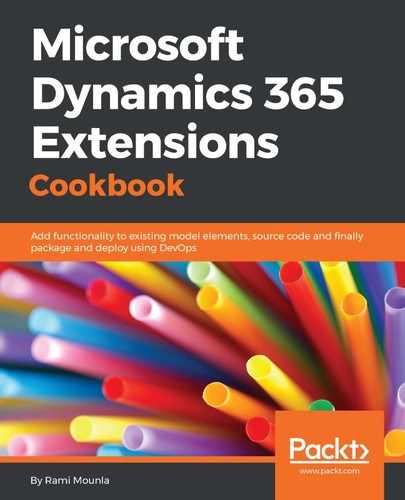From a licensing perspective, Dynamics 365 saw a departure from the familiar essential, basic, professional, and enterprises licenses to a team member, application-based, or plan-based licensing model.
Team member licenses are equivalent to essential licenses in previous Dynamics CRM versions. Team member licenses only offer read-write to account, contact, custom entities, and a few other supporting capabilities. However, most of the remaining out-of-the-box entities can only be accessed in read-only mode.
The following extract from the licensing guide highlights the different access types based on the different license types:

Whereas this screenshot highlights the different types of usages based on different licenses:

The application-specific licenses grant access to one or more modules. This license is the cheaper option for users that are primarily interested in one module. However, if users are interested in more than one module, then Plan 1 or Plan 2 licenses are the more economical options. A Plan gives you the license to use a collection of modules, as highlighted in the following screenshot. The Plan 2 license includes all of Plan 1's offering plus operations:

